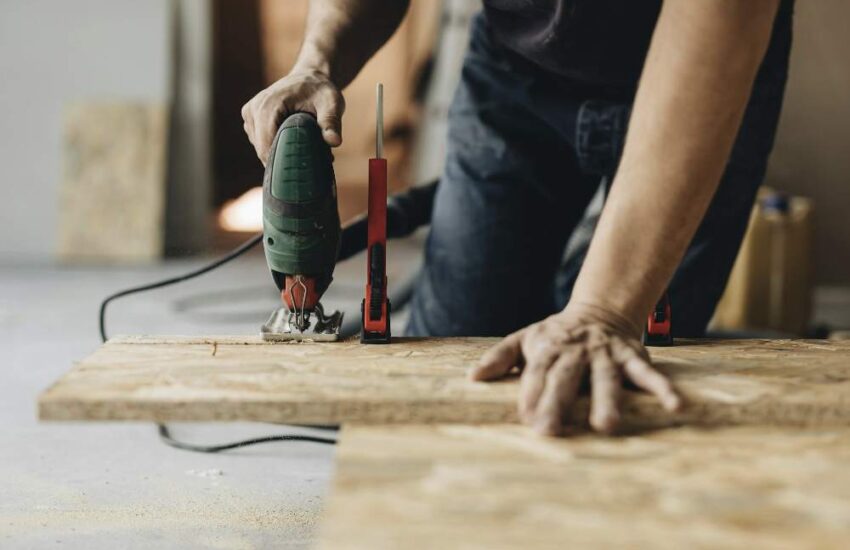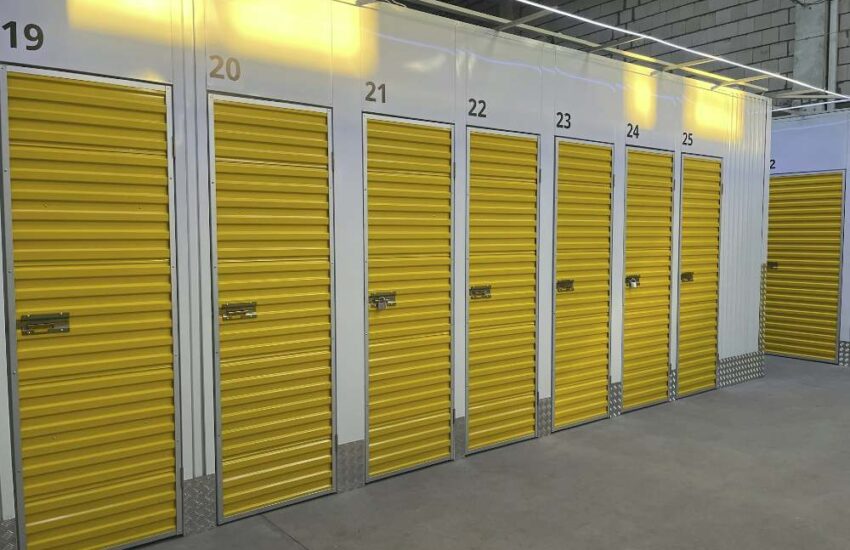Pool Heaters – What Works Better?
If you have a pool a hot tub, you know one thing is essential for its enjoyment – no matter how hot it is outside, a pool will be cold and frigid without a heater. A body of water is an incredible heat sink.
It takes a tremendous amount of energy to heat up a pool to the point that it is mediocre comfortable and possible to get in without shivering. This is why a pool heater is just as much a requirement as a sanitizer in keeping the water clean.

Is Pool Heaters Work Better?
Why doesn’t water heat up normally like it does at a lake or a pond? Much of the issue has to do with exposure. Lakes and ponds are constantly exposed to sunlight. While they don’t get warm per se, they reach a comfortable temperature in the shallow areas due to hours and hours of constant sun exposure.
Pools and tubs don’t get that kind of treatment. When not in use, people use covers, which in turn blocks the sun from heating the water. That also prevents a pool from heating up too. A pool heater becomes essential for any kind of comfortable enjoyment.
Pool heater choices depend on the size of the water body as well as the temperature designed and local environmental temperature.
For example, if it’s winter outside, the pool heater is going to need to be stronger and work longer to keep the pool warm. A pool in the middle of the desert in summer will take less energy but still needs heating to get comfortable.
Conclusion
So which pool heater is right for you? Start with the pool size and volume of water to be heated. A 10,000 gallon pool is going to take a lot more work than a 5,000 gallon model. Again, your location will make a difference as well.
The power type can be a factor; the four big choices are electrical, heat pump, and gas. Gas tends to be more effective, electrical can cost a lot if your utility charges high rates in the summer, and a heat pump can be complex. Depending on one’s ongoing budget, the type of power source can vary.
Remember, there will also be periodic maintenance. Some of it can be done by a homeowner and only costs supplies. Other types of care will need a technician. That adds to the long-term cost of a heater and can swing the decision of one model versus another.
In short, there’s no right, default choice. The best decision comes with working from the details specific to the homeowner’s pool and then seeing which options make the most sense from there.


